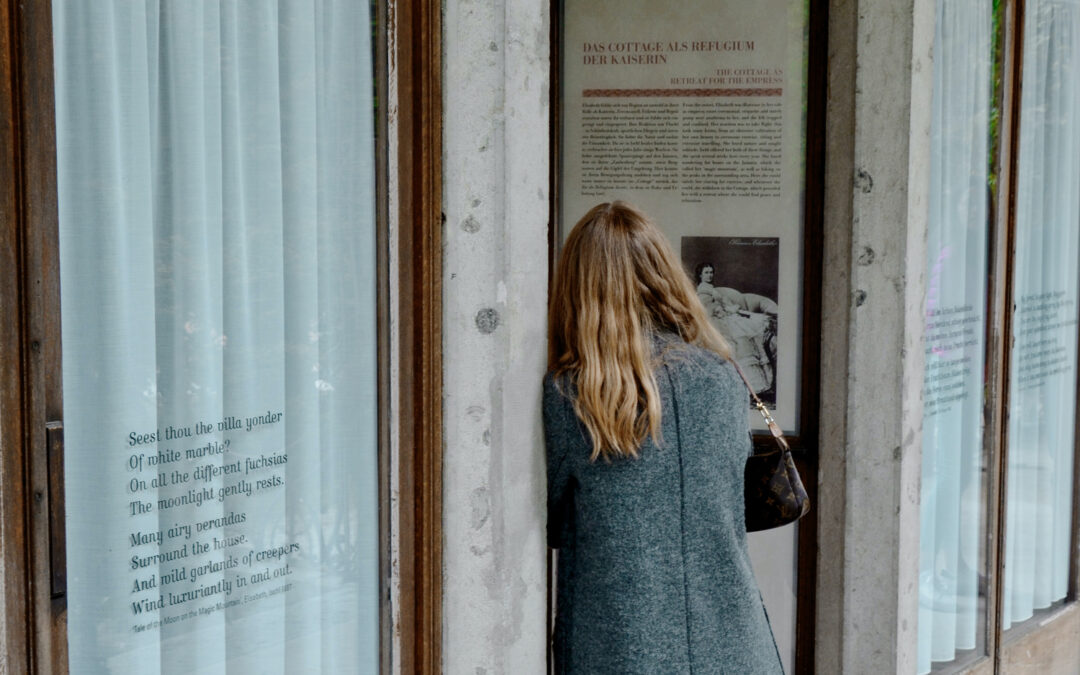Relationships are a natural part of the human experience. We all want to feel loved, valued, and supported. But, some relationships may leave us feeling unsure, unsafe, or worthless. Sometimes the best way to judge whether a relationship is healthy or unhealthy, or even abusive, is assessing how the other person makes us feel. If we find ourselves uncomfortable around the person, worried or scared about how they may react to certain things, or experience a “roller coaster” of emotions together, the relationship may not be healthy.
It can be tough to admit that we may be in an unhealthy relationship, or what some people refer to as a “toxic” relationship. Unhealthy relationships are often thought of in the context of romantic partnerships, but can also occur with a friend or family member. Oftentimes, unhealthy relationships have unclear boundaries and leave at least one person feeling misunderstood or insecure. You may feel like you are never able to truly be yourself in an unhealthy relationship.
Abusive relationships are a severe type of unhealthy relationship. We often imagine relational abuse as physical; perhaps the image of a blackened eye comes to mind. In reality, physical abuse is only the tip of the iceberg in abusive relationships. Abuse can also take the form of financial control, insults or belittling remarks, gaslighting (which means to make you feel crazy or unsure of reality), stalking or monitoring your behavior, harassment or “blowing up your phone,” sexual pressure, jealousy and control, and isolation. Physical abuse is a real and dangerous aspect of abusive relationships, but mental, financial, sexual, and spiritual abuse can be just as damaging.
Leaving an unhealthy or abusive relationship can often feel difficult or impossible. Perhaps love binds you to the other person, as well as fear and intimidation. When intimate partner abuse occurs, it can be difficult to leave due to shared finances or concerns for a child’s welfare. When a parent is abusive, children may feel trapped and voiceless in the home. And after leaving an abusive or unhealthy relationship, there may be feelings of depression, regret, lingering fear, or post-traumatic stress.
If you are thinking about leaving an unhealthy relationship, or struggling to understand if you are experiencing or have experienced abuse, a therapist who specializes in domestic abuse & healthy relationships may be helpful. A domestic violence therapist will also be able to assist with safety planning, as well as help adults and children heal from previous abuse. Another resource is the National Domestic Violence Crisis Hotline, which can be reached 24/7 at 800-799-7233.
Remember that you deserve to be in healthy relationships with your loved ones. Healthy relationships should leave you feeling trusted, supported, loved, safe, and understood. You should never feel manipulated, controlled, unequal, or unsafe in a healthy relationship. Healthy relationships let you be YOU!
Lindsay Hansard is a Licensed Professional Counselor at Greenway Therapy. Learn more about her on her BIO page.





